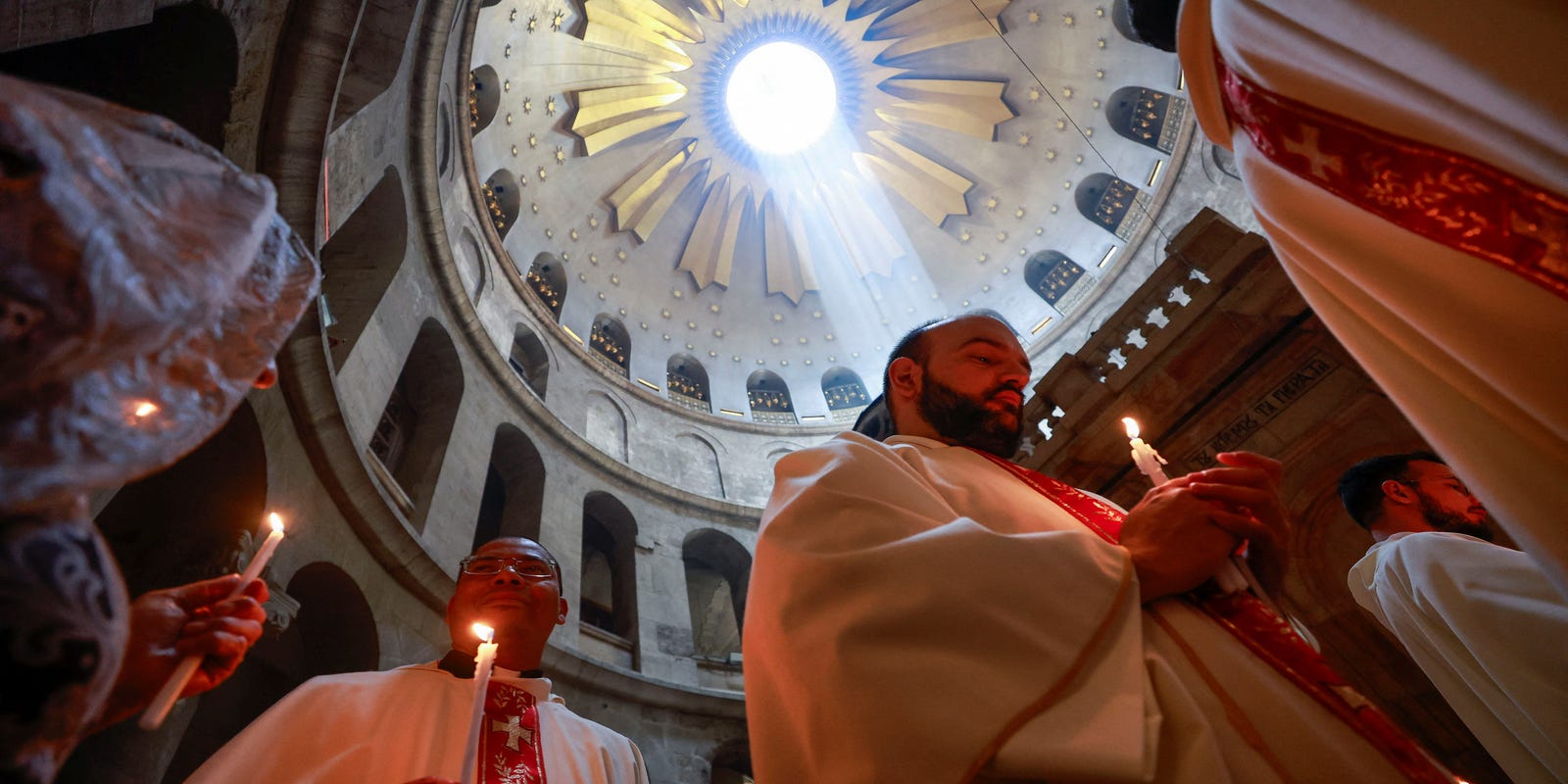Faith in Flux: Why Americans Are Believing But Not Belonging in Modern Worship

In an era of shifting spiritual landscapes, a troubling trend is emerging: Americans are increasingly disconnecting from traditional religious practices while still claiming to hold spiritual beliefs. This growing disconnect between personal faith and communal worship signals a profound transformation in how we experience and express religious identity.
Recent studies reveal a startling paradox. More people than ever describe themselves as "spiritual but not religious," creating a cultural phenomenon where individual belief no longer translates to consistent church attendance. This trend isn't just a minor statistical blip, but a significant societal shift that challenges long-established religious institutions.
The implications are far-reaching. Churches, synagogues, and other places of worship are experiencing declining membership, even as people maintain a sense of personal spirituality. This suggests a fundamental reimagining of religious engagement, where personal connection trumps traditional communal practices.
What drives this change? Younger generations appear more likely to seek spiritual meaning through individual exploration, digital platforms, and personalized experiences rather than structured religious services. They value authenticity and personal interpretation over institutional traditions.
While this trend might seem liberating to some, it poses serious challenges for religious communities. Reduced attendance threatens not just the financial sustainability of religious institutions, but also their ability to foster community, provide social support, and transmit cultural and spiritual traditions.
As our understanding of spirituality continues to evolve, religious leaders and institutions must adapt, finding innovative ways to connect with a more individualistic and digitally-connected population.
